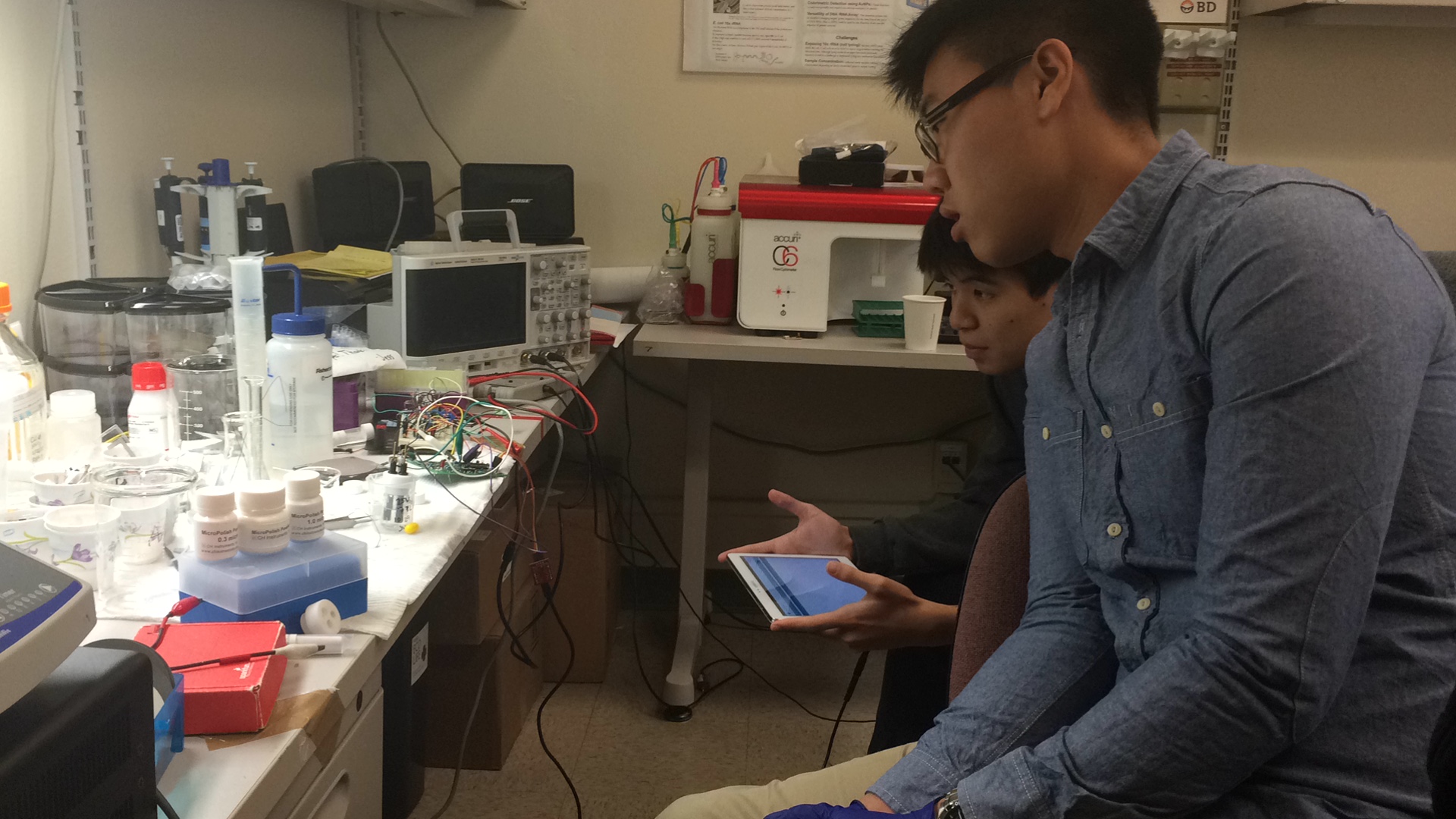
Signature Programs and Partner Opportunities for Students
Clubs with a Social Benefit Focus
- Engineering World Health - Inspiring, educating, and empowering the STEM community through innovative projects that improve health care delivery in the developing world. Collaboration between Public Health and Frugal Innovation Hub.
- Engineers Without Borders - SCU chapter led by Dr. Tonya Nilsson, working to build a better world through engineering projects that empower communities to meet their basic human needs and equip leaders to solve the world's most pressing challenges.
- IEEE SIGHT - Bringing together members working in humanitarian fields to encourage and promote the use of humanitarian technologies.
- Engineering for Change (E4C) - Improving the lives of underserved communities by better preparing the global development workforce, optimizing the solutions development cycle, and ensuring public health and safety.
- ASME - Enables collaboration, knowledge sharing, career enrichment, and skills development across all engineering disciplines toward a goal of helping the global engineering community develop solutions to benefit lives and livelihoods.
- CLASP - Leadership development program that focuses on enhancing one's ability to effectively and authentically lead and increasing one's knowledge on issues related to sustainable development.
Specialization Opportunities in Frugal Innovation
Graduate Certificate in Frugal Innovation
The School of Engineering hopes to foster an educational philosophy that goes well beyond narrow specialization and promotes a global and societal orientation. The Certificate in Frugal Innovation is motivated by our desire to provide graduate students with opportunities to further expand their understanding of the impact that engineering has on society, particularly when it comes to developing countries and emerging markets. Since poverty, health care and access to resources are critical issues for a large part of the world’s population, they represent a natural focal point for many of the courses listed below.
Required Core Classes (8 Units)
- ENGR 336 Engineering for the Developing World (2 Units)
- ENGR 338 Mobile Applications and Instrumentation for Emerging Markets (2 Units)
- ENGR 340 Distributed and Renewable Energy for the Developing World (2 Units)
- ENGR 341 Innovation, Design and Spirituality (2 Units)
Elective Group A (4 Units)
- ENGR 349 Special Topics in Frugal Engineering (2 Units)
- ENGR 342 3D Print Technology and Society (2 Units)
- ENGR 273 Sustainable Energy and Ethics (2 units)
- ENGR 304 Building Global Teams (2 Units)
Elective Group B (4 Units)
- COEN 389 Energy Efficient Computing (2 Units)
- ELEN 280/MECH 287 Introduction to Alternative Energy Systems (2 Units)
- CENG 219 Designing for Sustainable Construction (4 Units)
- ENGR 302 Managing in the Multicultural Environment (2 Units)
- ELEN 288/COEN 282 Energy Management Systems (2 Units)
- ENGR 334 Energy, Climate Change and Social Justice (2 Units)
CourseAvail Link Here
Undergraduate Course: Humanitarian Engineering
Course launched in Spring 2016 by Prof. Silvia Figueira (Director of the Frugal Innovation Hub). This course is for undergraduate students interested in learning how to appropriately define real-world engineering problems, understand how to approach designing innovative solutions for social benefit, and measuring the impact that your solutions will have.
The Humanitarian Award
The Humanitarian Award is given by the Frugal Innovation Hub to the senior design projects that are most socially impactful.
Fellowships
Social Entrepreneurship in Engineering (SEE) Fellowship
The GSV-FIH Social Entrepreneurship in Engineering Fellowship in partnership with GSVlabs provides the opportunity for 3 undergraduate engineering students (per year) to work with socially minded GSV start-ups during the summer before their Senior year. As interns, these SEE Fellows will be able to support their GSV organization for 3 months, putting their technical skills to use for the start-ups’ benefit.
For more information, please email with 'SEE Fellowship' as your subject line.
The Miller Center's Global Social Benefit Fellowship (GSBF)
The Global Social Benefit Fellowship provides a comprehensive program of mentored, field-based study and action research for juniors within the GSBI® worldwide network of social entrepreneurs. The fellowship combines a fully funded 6-8 week summer field experience in the developing world with two quarters of academically rigorous research. It is a program of practical social justice, in the Jesuit educational tradition. This is a richly rewarding yet demanding experience, one that requires a time-intensive, nine month commitment. Each fellow will receive a support package to cover all international travel, in-country expenses, and research costs, plus a modest summer stipend.
